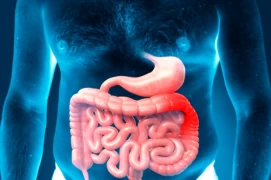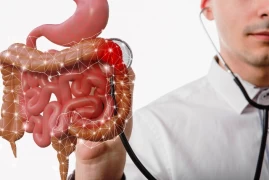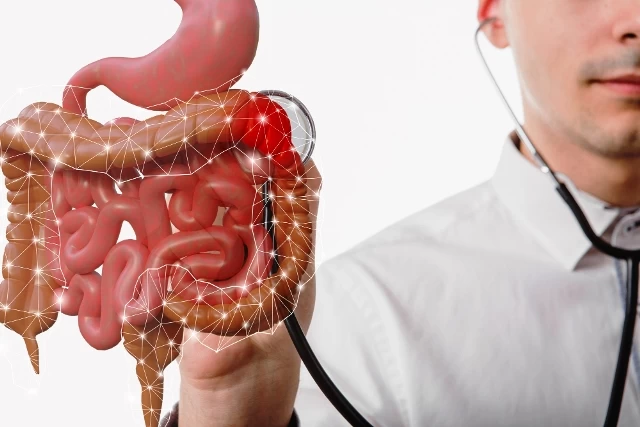
Colon Cancer - Part 3: Rehabilitation and Preventive Measures
- Colon Cancer - Part 3: Rehabilitation and Preventive Measures
- Rehabilitation in Colon Cancer
- Preventive Measures in Colon Cancer:
Colon cancer is a type of cancer that occurs in the colon or rectum. General surgical specialists provide comprehensive expertise in the diagnosis, treatment, and follow-up of colon cancer. In this third and final part of the three-part article, we will address rehabilitation and preventive measures following the treatment of the disease.
Rehabilitation in Colon Cancer
Rehabilitation after colon cancer treatment is a process aimed at improving the patient's quality of life, facilitating their return to daily activities, and supporting physical, emotional, and social recovery. Colon cancer rehabilitation aims to enhance the overall health of the patient after surgery, chemotherapy, radiation therapy, or other treatment modalities. Here are the key elements of colon cancer rehabilitation:
- Physical Rehabilitation: Physical therapy focuses on increasing functional mobility and strength post-surgery. Strengthening abdominal muscles, in particular, supports postoperative recovery.
- Diet and Nutritional Counseling: Nutritionists can provide guidance on appropriate dietary habits for colon cancer patients. A targeted diet aims to enhance post-treatment recovery and increase energy levels.
- Psychosocial Support: The cancer-fighting process can be emotionally challenging. Psychosocial support helps patients and their families cope during this challenging period and may include individual or group therapies and counseling services.
- Sexual Health: Colon cancer treatment can have adverse effects on sexual health. Sexual health experts provide guidance on sexual health for patients and their partners.
- Smoking Cessation and Alcohol Control: Smoking and excessive alcohol consumption can increase the risk of colon cancer. Support for smoking cessation programs and alcohol control is essential during the rehabilitation process.
- Exercise Programs: Regular exercise improves overall health and boosts energy levels. During rehabilitation, appropriate exercise programs are developed to increase patients' physical activity levels.
- Fatigue Management: Fatigue, a common post-treatment side effect, needs to be managed during the rehabilitation process. Attention to rest, energy management, and sleep patterns aims to reduce the impact of fatigue.
- Follow-up and Monitoring: Patient follow-up and regular check-ups are integral to the rehabilitation process. These checks assess the effects of treatment, detect recurrences early, and monitor the patient's overall health.
The rehabilitation process should be tailored to individual needs. Health professionals should collaborate to support patients and their families during this period, aiming for the best outcomes in the recovery process.
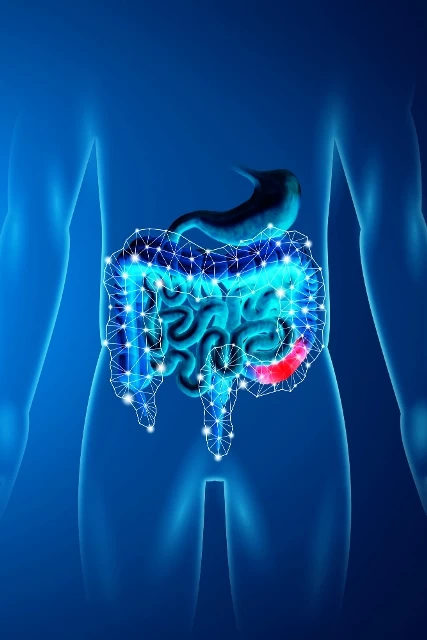
Preventive Measures in Colon Cancer:
Several measures can be taken to prevent colon cancer, often involving lifestyle changes and regular health check-ups. Here are the fundamental preventive measures for preventing colon cancer:
- Regular Health Check-ups: Regular health check-ups, including screenings for colon cancer, should be attended from a certain age onwards. Early diagnosis increases the success of treatment.
- Colonoscopy and Other Screening Tests: Depending on risk factors and age, regular colonoscopies and other screening tests should be conducted. These tests help detect polyps or early-stage cancer cells.
- Healthy Eating Habits: A nutrition plan that includes an adequate amount of fiber, fruits, vegetables, and whole grains can reduce the risk of colon cancer. Limiting the consumption of red meat and processed meats is also essential.
- Regular Physical Activity: Regular exercise can improve overall health and reduce the risk of colon cancer. At least 150 minutes of moderate-intensity or 75 minutes of vigorous-intensity exercise per week is recommended.
- Healthy Weight: Maintaining a healthy weight reduces the risk of colon cancer. Obesity increases the risk, so weight control is crucial.
- Avoiding Smoking and Alcohol Consumption: Smoking and excessive alcohol consumption increase the risk of colon cancer. Therefore, it is important to refrain from smoking and limit alcohol intake.
- Medication Use: In some cases, the use of aspirin or other non-steroidal anti-inflammatory drugs, under a doctor's recommendation, can reduce the risk of colon cancer. However, the long-term use of such drugs may have side effects, so consultation with a healthcare professional is necessary.
- Evaluation of Genetic Risk Factors: If there is a family history of colon cancer or a genetic risk factor, it should be considered, and specific screening and prevention strategies should be developed.
- Fecal Occult Blood Tests: Regularly undergoing fecal occult blood tests is a useful method for colon cancer screening.
These preventive measures help reduce the risk of colon cancer. However, personalized considerations and needs should be taken into account based on individual health conditions. In case of any health concerns, consulting with a healthcare professional is important.
In conclusion, general surgical specialists play a significant role in providing individualized and comprehensive care to colon cancer patients throughout the diagnosis, treatment, and follow-up processes. However, creating personalized treatment plans and regular monitoring based on patients' health conditions support a successful treatment process.
Stay healthy...
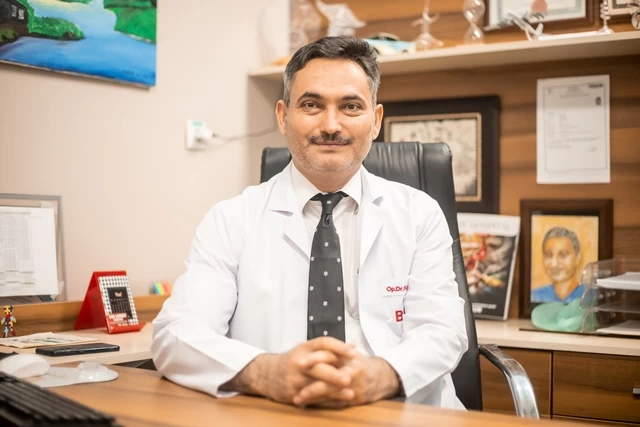
Op. Dr. Kadir Dicle
General Surgery Specialist



